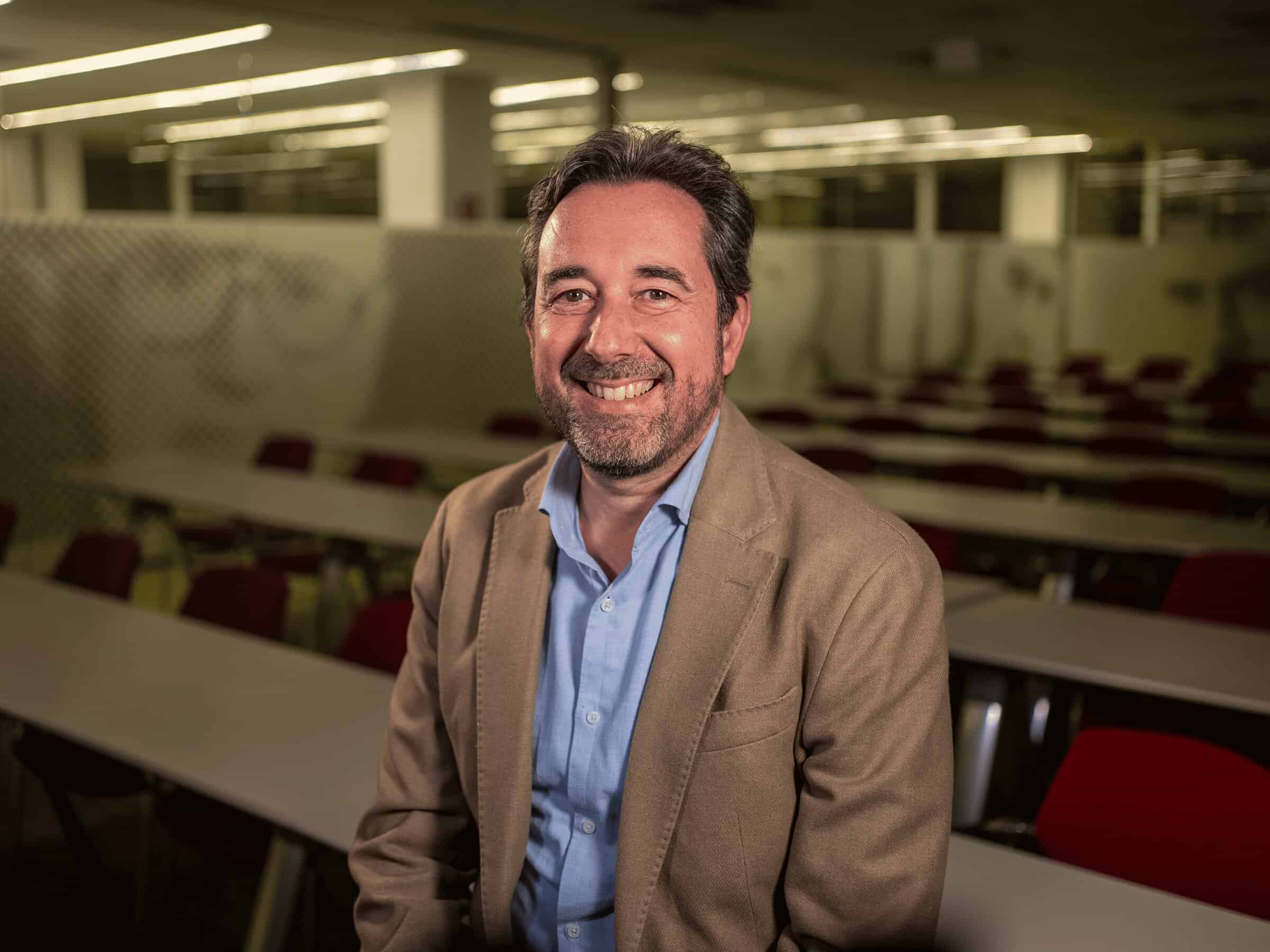Introducing the Founderz Fellows: our first AI-powered mentors
At Founderz, we believe that online education should be personalized. That's why we've created Fellows, virtual AI mentors who accompany students in real time.

At Founderz, we understand that trust is key in the world of finance. If you’re a professional in the industry or looking to make the leap into financial advising, you might be wondering: what is the EFPA certification, and how can I get it?
In this article, I’ll explain it clearly, step by step, with no unnecessary fluff.
The EFPA certification, or EFPA certificate as you may also see it written, is a professional accreditation designed to measure and validate the knowledge, skills, and ethics of those in financial advising and planning.
EFPA stands for the European Financial Planning Association, and in Spain, it serves as the certifying body for professionals in the industry. In other words, it’s a way to demonstrate to employers, clients, or regulators that you have the proper knowledge to provide financial advice with confidence.
One important point is that EFPA certifications are not for life: to maintain their validity, you must engage in ongoing training and meet specific recertification requirements.
Here are the different levels or modalities that exist:
For example, the EFP certification has grown by 40% in the past five years in Spain, with over 1,000 professionals already holding this title. This reflects a growing interest in achieving high standards in financial planning.
Having the EFPA certificate can offer many concrete benefits:
Before you dive into studying, it’s important to review what is required to access the EFPA certification exam (and maintain it afterwards). These requirements vary by level, but some common conditions are:
Each exam session sets deadlines for registration, required documents, and exam fees. Usually, you’ll need to submit your resume, academic degree, certificate of experience (if required), and pay the exam fees.
Achieving certification isn’t just about passing an exam; it’s also about how you plan your study. Here’s a roadmap:
Look for financial schools or centers offering preparatory courses recognized by EFPA.
Divide the curriculum into sections (markets, products, regulations, case studies) and assign daily study times.
Doing many exercises, mock exams, and solving real cases will help you familiarize yourself with the format and the type of reasoning expected.
A key part of the EFPA certification is understanding regulatory rules, professional ethics, and the legal boundaries of advising. It’s not just financial theory.
Dedicate the final weeks to reviewing weak points, doing full mock exams, and polishing your arguments for the practical part.
Register for the exam in advance, submit documents, pay fees, and send certificates of experience if necessary.
Once you have the EFPA certification, it’s not enough to just leave it there. The certification requires periodic recertification, which involves:
If you fail to meet these requirements, you can lose the validity of your certificate, which would affect your professional recognition and your ability to work under that accreditation.
For a clear overview, here’s a summary of what you need to do:
The EFPA certification is not just another title: it’s a recognized professional accreditation that positions you with credibility in the financial market. By obtaining it, you demonstrate that you have solid knowledge, professional ethics, and the ability to advise competently within the regulated environment.
Of course, it’s not an easy path: it requires study, rigor, and continuous maintenance. But if your goal is to become a recognized financial advisor, it’s one of the best credentials you can pursue.

Eloi Noya
Academic Director
Eloi Noya is an expert in fintech, financial innovation and entrepreneurship, with more than 20 years of experience in banking, consulting and education. As Director of Innovation at the Institut d’Estudis Financers (IEF) and Managing Director at Altria Corpo, he leads projects that connect technology and finance. Additionally, and in his role as a teacher, he trains professionals in digital capital markets and financing for entrepreneurs.